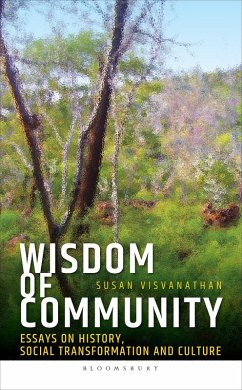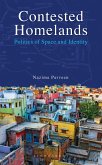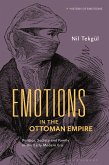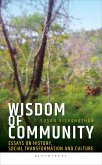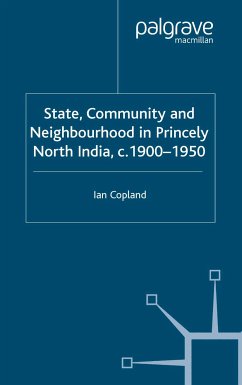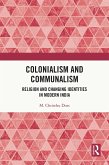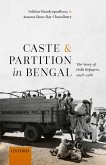The Wisdom of Community is a compilation of essays which documents the key issues that have been pertinent in national debates in India. In some ways it takes a linear and chronological position on how the past informs us as we proceed with making sense of postmodern fluid society. It tries to understand how affected or influenced we are by colonialism, and the debates which brought us our freedom. It uses biography, symbols and narratives to piece together our engagement with literature, history, myth and legend. It presupposes that the past is contextualised through narrative production. Each essay in this collection is tuned to the greater debates, which continue today in problematized global and cosmopolitan contexts to describe the relation between town and country. The consistent preoccupation is with labour and its intended consequences. Here, climate change, law court trials and constructing parallel histories which have influenced us are drawn to tell the reader that learning from history is essential for our survival. Readers will see that the world always appears in the spaces that are produced by travel, by terror, freedom, conquest and adaptation. The coexistence of all these across history, allows for the warp and weft of narrative production to be evident as analysable and comprehensive. The reader enters this frame of interlocking essays in order to understand how significant the production of stories are, and how we may find similarities in our condition across time and space.
The book consists of 12 essays which are arranged in a way that the essential problems are made evident as questions of occupation, survival, and translation of world views. It brings the world closer, just as in reality it seems to be receding, because we are afraid of what we see, and know. The method is called Learning from History. The Wisdom of Community brings to the reader the interlacing of archival, fieldwork and literary materials in order to bring to the reader the constants that inform our lives, while recognizing the past as ever-present.
The essays in this collection span a period of thirty years, and were earlier published as essays in popular journals and magazines and newspapers, but also include some scholarly articles. They are divided into essays on travel, feminism, as well as activist, literary, and analytical essays. The reader will find in them the insights of three decades spanning the years of teaching and writing while living in Delhi. The link connecting these essays is time and memory, as well as the belief that we can learn from the past. The "circulation of ideas" appears as a dominant theme, in all the essays, along with the emphases on agency, and the celebration of the right to choice and the articulation of human will, since the themes of democracy and freedom are common to all.
The book consists of 12 essays which are arranged in a way that the essential problems are made evident as questions of occupation, survival, and translation of world views. It brings the world closer, just as in reality it seems to be receding, because we are afraid of what we see, and know. The method is called Learning from History. The Wisdom of Community brings to the reader the interlacing of archival, fieldwork and literary materials in order to bring to the reader the constants that inform our lives, while recognizing the past as ever-present.
The essays in this collection span a period of thirty years, and were earlier published as essays in popular journals and magazines and newspapers, but also include some scholarly articles. They are divided into essays on travel, feminism, as well as activist, literary, and analytical essays. The reader will find in them the insights of three decades spanning the years of teaching and writing while living in Delhi. The link connecting these essays is time and memory, as well as the belief that we can learn from the past. The "circulation of ideas" appears as a dominant theme, in all the essays, along with the emphases on agency, and the celebration of the right to choice and the articulation of human will, since the themes of democracy and freedom are common to all.

